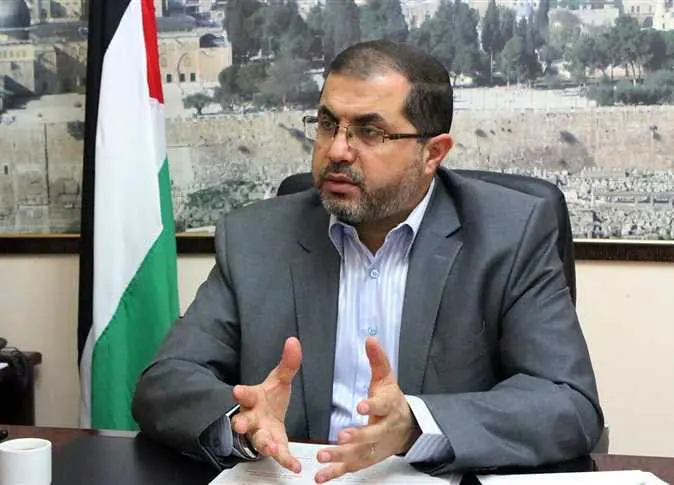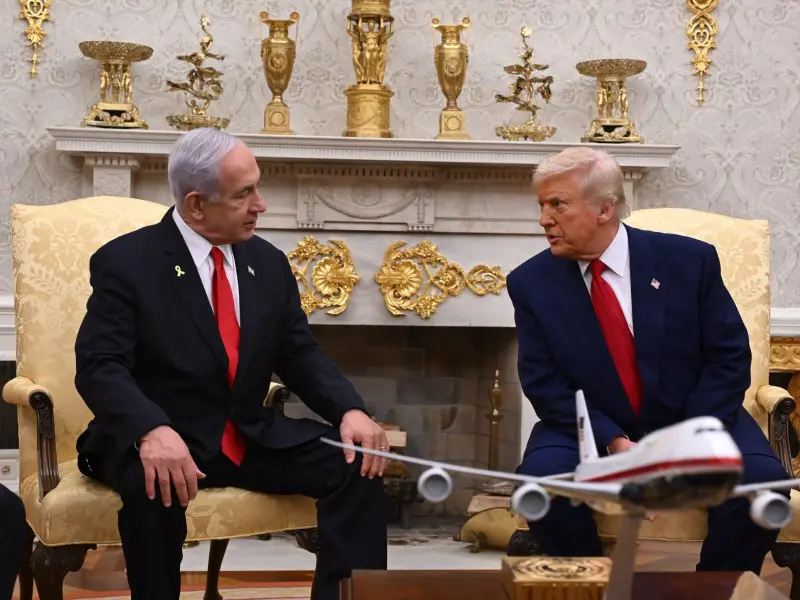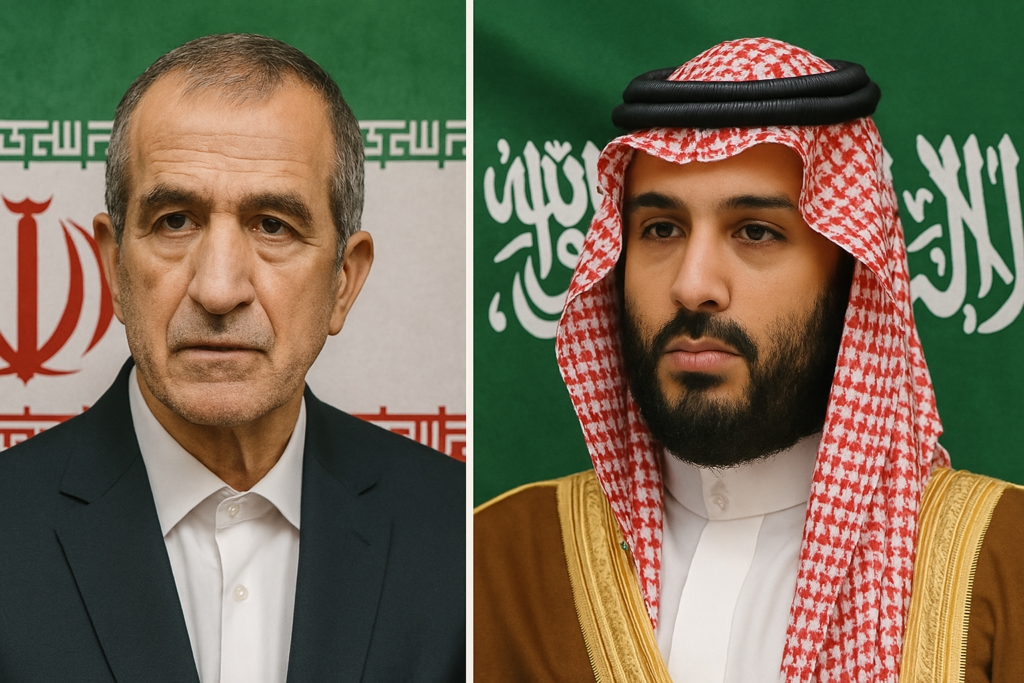As rare protests continue to erupt in Gaza against Hamas rule, senior Hamas official Naim Baseem attempted to spin the grassroots uprising by framing it as a natural response to “aggression” against the Palestinian people—while simultaneously dismissing the legitimacy of the protests and blaming Israel for the unrest.
In his statement, Baseem claimed:
“All people have the right to cry out in pain… However, it is unacceptable to exploit these conditions for suspicious political agendas.”
The statement reflects Hamas’ panic in the face of growing civilian anger, as more Gazans take to the streets demanding an end to the war, the destruction, and Hamas’ tyrannical rule. Protesters have openly chanted, “No to Hamas. Yes to peace.”
A Terror Regime in Denial
Baseem’s rhetoric attempts to merge Hamas with the people of Gaza—claiming “we are among them, and they are among us”—but the reality on the ground tells a different story. For months, Hamas has used Gazans as human shields, stolen humanitarian aid, and launched attacks from hospitals, schools, and mosques.
Now, as the public turns against them, Hamas is trying to paint legitimate outrage as foreign-instigated manipulation—a classic tactic of authoritarian regimes.
Blaming the Victim While Playing the Victim
Rather than addressing its own responsibility for launching the October 7 massacre—the worst attack on Jews since the Holocaust—and plunging Gaza into ruin, Hamas accuses critics of “absolving the occupation.” It tries to divert attention to the West Bank and call out others for not protesting there.
This is not leadership. It is desperation, and it shows that Hamas is losing its grip not only militarily, but morally and politically.
A Message to the World: Hamas Fears Its Own People
The fact that Hamas feels compelled to respond to the protests at all is a sign of weakness. Gaza’s civilians—after years of oppression—are beginning to realize that their true enemy is not across the border in Israel. It is the terror regime that has enslaved them from within.
Israel’s war is not against the people of Gaza. It is against the terrorist organization that massacred innocent civilians, took hostages, and continues to operate from within hospitals and neighborhoods while claiming to “represent” the people it brutalizes.
As the protests grow, one thing becomes increasingly clear: Hamas is the occupier of Gaza—and the people want their lives and freedom back.




